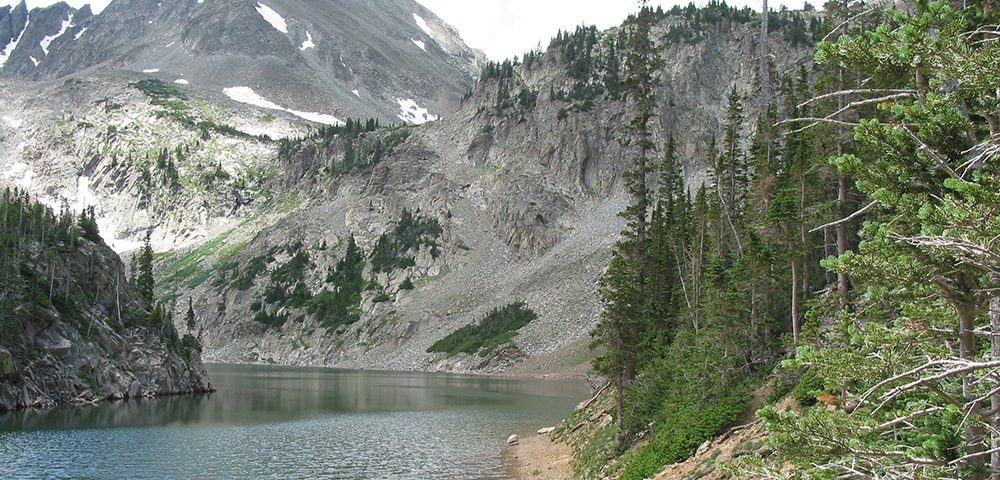这是一份manchester曼切斯特大学ECON30232T作业代写的成功案例

$$
\pi_{t+u}=\pi_{t} \pi_{u}
$$ can be written
$$
\pi_{\text {it }} \pi_{u} \frac{\partial U_{\text {it }}}{\partial x_{i_{\text {ta }}}}=\lambda_{i} p_{\text {tuq }}
$$
Since $p_{\text {tuq }}$ and $\pi_{u}$ are independent of $i$, so must be
$$
\left(\pi_{i t} \frac{\partial U_{i t}}{\partial x_{i t q}}\right) / \lambda_{i t}
$$
on the other hand, this expression is also independent of $u$ and so can be written $\mu_{t q}$. Therefore,
$$
p_{\text {taq }}=\mu_{\mathrm{ty}} \pi_{u}
$$

ECON30102T COURSE NOTES :
$$
p=p_{\mathrm{\sigma}^{\mathrm{e}^{\gamma t}}}
$$
fixes the relative prices at different times under free competition. The absolute level, or the value $p_{0}$ of the price when $t=0$, will depend upon demand and upon the total supply of the substance. Denoting the latter by $a$, and putting
$$
q=f(p, t)
$$
for the quantity taken at time $t$ if the price is $p$, we have the equation,
$$
\int_{0}^{T} q d t=\int_{0}^{T} f\left(p_{0} e^{\gamma t}, t\right) d t=a,
$$
the upper limit $T$ being the time of final exhaustion. Since $q$ will then be zero, we shall have the equation
$$
f\left(p_{0} e^{y t}, T\right)=0
$$
to determine $T$.